Finding an economical storage unit in the vast United States landscape is undoubtedly a very hard task. Whether you're moving to a new place or renovating your home, you need to shop around to find a storage unit that meets your specific requirements.
Have you ever felt uncertain about choosing a storage facility? Well, you are not alone. According to a Self-Storage Association (SSA) survey, 77 % of clients either miscalculated the storage expense or needed clarification on its pricing.
Understanding storage unit prices and the costs of self-storage may seem difficult initially, but we're here to help.
Let’s discuss the cost of storage units, the most affordable storage options, factors that influence the average cost, and tips to consider when making a decision.
What Are Economical Storage Units?
Economical storage units are cost-effective storage solutions designed to meet short- or long-term needs without stretching your budget. These units offer the perfect balance of affordability, space, and basic features — ideal for individuals, students, or families looking to declutter, move, or store seasonal items.
Most facilities offer a range of sizes, with flexible monthly contracts and optional features like climate control, 24-hour access, and high-security locks.
Modern budget units aren't just bare-bones — many facilities now offer climate-controlled storage units, protecting your belongings from humidity and temperature swings at a low cost.
In fact, a report by the U.S. Census Bureau highlights the steady growth of the self-storage industry, especially as people seek affordable solutions for changing life circumstances.

Around 1 in 5 Americans use storage units for life transitions like moving, downsizing, or college.
Pros and Cons of Economical Storage Units
| Pros | Cons |
|---|---|
| Lower monthly rental costs | May offer fewer amenities than premium units |
| Flexible short-term and month-to-month contracts | Limited availability during peak moving seasons |
| Ideal for students, small households, or seasonal storage needs | Smaller unit sizes may not fit large or bulky items |
| Self-storage units with 24-hour access offer convenience | Not all economical units include climate control |
| Easy to find affordable storage units using local search tools | Older facilities may lack modern security features |
| Basic storage needs are met without paying for extras | Some may charge hidden fees for access, locks, or insurance |
| Often available in central or residential locations | Location might be less secure than larger, premium chains |

Find Movers That Actually Move! Let’s skip the stress and pick from the best moving companies th at get the job done.
Economical Storage Unit Options to Save Money
Not all storage solutions are created equal. While any cheap unit might sound good, getting the best value means choosing the right option for your specific needs.
Here are six smart and economical storage alternatives that can help you save money:
Self-Storage at Your Location
Using space you already have is often the most budget-friendly choice. Basements, attics, garages, or even sheds can serve as practical alternatives to paid storage.
You’ll skip rental fees completely and still keep your belongings nearby — a solid choice if you're looking for affordable storage units without actually leaving home.
Use Friends’ or Family’s Extra Space
If someone close to you has a spare room, garage corner, or closet space, ask if they can hold onto a few items temporarily.
It’s best for short-term storage, and while you might not get 24-hour access, it’s often free — or can be bartered with a meal or small favor.
Temporary Donation
Don’t want to pay for storage and don’t mind parting with items temporarily? Some donation centers may accept your things with the understanding that you’ll pick them up later (especially if you have a long-standing relationship).
This could work for furniture, seasonal items, or things you won't need for a few months, saving you money on monthly rental fees.
Rent a Portable Storage Container
Portable containers are a flexible option. Companies deliver the container to your location; you load it, and then you can choose to either keep it on-site or have it stored at the company's facility.
This can be more affordable than traditional units, especially for short-term moves or renovations, and some providers offer self-storage units with 24-hour access to the container if stored at your property.
Buy a Used Shipping Container
If you need long-term storage and have space, purchasing a used shipping container can be a smart one-time investment. A 20- or 40-foot container can cost between $1,000 and $3,000 and offers plenty of secure space.
Ideal for people with land or large yards, and especially useful for storing tools, inventory, or furniture over long periods.
Consignment Shop Storage
If you’re okay parting with your items, consignment shops let you drop off your belongings and sell them on your behalf.
While you don’t technically “store” items for retrieval, it’s a free way to get them out of your home. If they sell, you also earn a percentage of the sale — a win-win for decluttering on a budget.

Moving Cross-Country? Check out our recommended long-distance movers who won’t ghost you.
How Much Does a Storage Unit Cost?
Renting a storage unit isn’t just about choosing a size—it’s about knowing what affects that monthly bill. Here’s the full breakdown:
Average Monthly Costs by Unit Size
| Unit Size | Std Unit Avg | Climate-Controlled Avg |
|---|---|---|
| 5×5 (closet size) | $50–$75 | $80–$100 |
| 5×10 (studio) | $75–$150 | $120–$200 |
| 10×10 (2-bedroom) | $130–$200 | $200–$350 |
| 10×20 (3–4 BR) | $250–$400 | $300–$500 |
| (Sources: StraightenUpHome, SelfStorage.com, SchaferLyndonSelfStorage – 2025 stats) | ||
Cost by Location
| City Type | Std Unit Avg | Climate Unit Avg |
|---|---|---|
| Major metro | $150–$500 | $200–$600 |
| Suburban towns | $90–$300 | $120–$350 |
| Rural areas | $45–$150 | $70–$200 |
Extra Costs to Expect
These little fees add up fast:
Administrative / Move-in fees: $15–$50 (one-time)
Lock purchase: $10–$20 (some might force it)
Insurance: $10–$30/month
Sales tax: Varies by location—rural vs metro
(From industry breakdowns in 2025)
Climate-Controlled Premiums
Expect to shell out $10–$50 more per month (sometimes even $100+ in cities):
Standard 10×10: ~$130
Same unit with climate control: $200–$350 (26% of U.S. units now offer climate control)
Flea Market vs. Long-Term Deals
- Short-term (month-to-month): full retail price
- Long-term (6+ months): some facilities give 10–20% off
- Intro offers: “first month free” — sweet, but read the fine print
National Averages at a Glance
- Overall average rent (all unit sizes): $72.95/month.
- Or more realistically: $136/month in May 2025 — slightly up from 2024 ($135)
- Climate-controlled: ~$190/month per (analysis of 3,500+ quotes)

Need more space but hate overpriced nonsense? Check real-deal storage unit costs and store your stuff without selling your kidney.
Factors That Affect Storage Unit Pricing
So you're trying to figure out why a storage unit in the suburbs costs half as much as one in downtown? Here's what really drives those changes:
Location
If your storage unit sits in a city where a parking spot costs as much as a vacation, expect higher rates. Urban areas have higher demands, which give pricier real estate.
How Long You're Storing Stuff
Most storage facilities love commitment — they'll hand you discounts for long-term rentals like you're their favorite customer. However, if you're only staying for a short time (such as a month or two), expect to pay a premium.
Season
Storage prices heat up in summer — the peak moving season. Everyone’s relocating, college kids are moving out, and suddenly there’s a rush for space. If you’re flexible, aim for the off-season (winter).
Unit Size
This one’s pretty obvious: bigger space means bigger price. Don’t rent a garage-sized unit if all you are storing are some books and a toaster. Measure your stuff and go as small as possible.
Insurance
Some facilities require you to carry insurance — either theirs or your own renter's policy. It typically costs $10–$30/month. Even if it's optional, it's smart if you're storing anything you'd cry over losing.
Climate Control
If you've items that are sensitive to heat, cold, or humidity (such as electronics, photos, or wooden furniture), you'll need a climate-controlled unit.

Need Space for Your Furniture? Explore long-term storage solutions that keep your belongings safe, accessible, and stress-free for the long haul.
How to Find Affordable Storage Units Near You
Trying to find cheap storage that doesn’t feel like you’re stashing your stuff in a sketchy dungeon. Here’s how to track down a solid deal without losing your mind.
Use Online Comparison Tools
Don’t just Google and hope. Use sites like:
- Storage.com
- SpareFoot
- Neighbor.com
- SelfStorage.com
These platforms let you filter by size, price, location, climate control, and more. It’s like online shopping, but for stashing your grandma’s china set.
Call Local Facilities Directly
Online prices are cool, but sometimes the real deals are just a phone call away. Storage managers often have promos they don’t advertise online, especially if they have empty units they're trying to fill.
Ask:
- “Do you have any move-in specials?”
- “Do you offer discounts for students, military, or long-term rentals?”
Explore Non-Chain Options
Big brands like Public Storage or Extra Space are everywhere, but don’t sleep on the smaller, local places. They often have lower rates and more flexible terms. Plus, some offer small economical storage units for students that aren’t listed online.
Look Just Outside the City
If you live in an expensive metro area, check nearby towns. Sometimes, driving 10–15 minutes out of the city center can drop the price by 20–50%.
Time It Right
Storage prices spike in late spring and summer. If you can, plan your rental during fall or winter when demand drops. You’ll likely get better rates and more unit choices.
Get Deals & Discounts
Look for:
First month free promos
- Referral bonuses (some places give $$ if you bring a friend)
- Senior/student/military discounts
- Online-only specials
Tips to Choose the Right Economical Storage Unit
Finding an affordable storage unit is one thing, but picking the right one is where people mess up. Here's how to choose smart and save money at the same time:
Choose the Right Size
If you’re storing boxes, don’t rent something that could hold a car. Seriously — people overestimate space all the time. A 5×5 unit is great for a few small furniture items or boxes, while a 10×10 works for a small apartment.
Compare Multiple Locations
Don’t just search for affordable storage units near me and grab the first result. Check a few places in neighboring areas — even 10 minutes outside the city could save you $30+ a month.
Prioritize Security
Look for gated access, cameras, and on-site staff. If a unit feels sketchy, trust your gut. You want secure, inexpensive storage, not a horror movie set.
Know When to Go Climate-Controlled
If you're storing electronics, wooden furniture, art, or anything sensitive to heat and humidity, climate control is worth the extra bucks. You don't want your leather couch sweating it out in July.
Check Access Hours
Don’t assume you can roll up at 11 PM on a Sunday. Some budget units close early or aren’t open on weekends. If you’ll need flexibility, look for self-storage units with 24-hour access.
Ask About All the Fees
Some facilities hit you with surprise charges like admin fees, lock fees, or mandatory insurance. Always ask:
- “What’s the otal I’ll pay each month?”
- “Are there any setup or move-out fees?”

Not Sure What Size You Need? Use our guide to choose the right storage unit size based on what you’re storing.












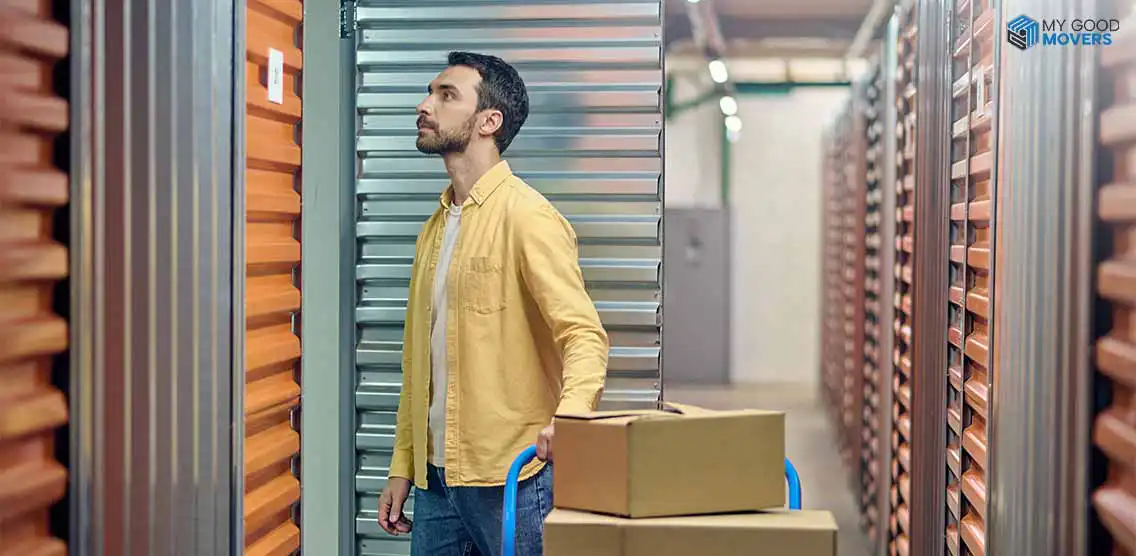
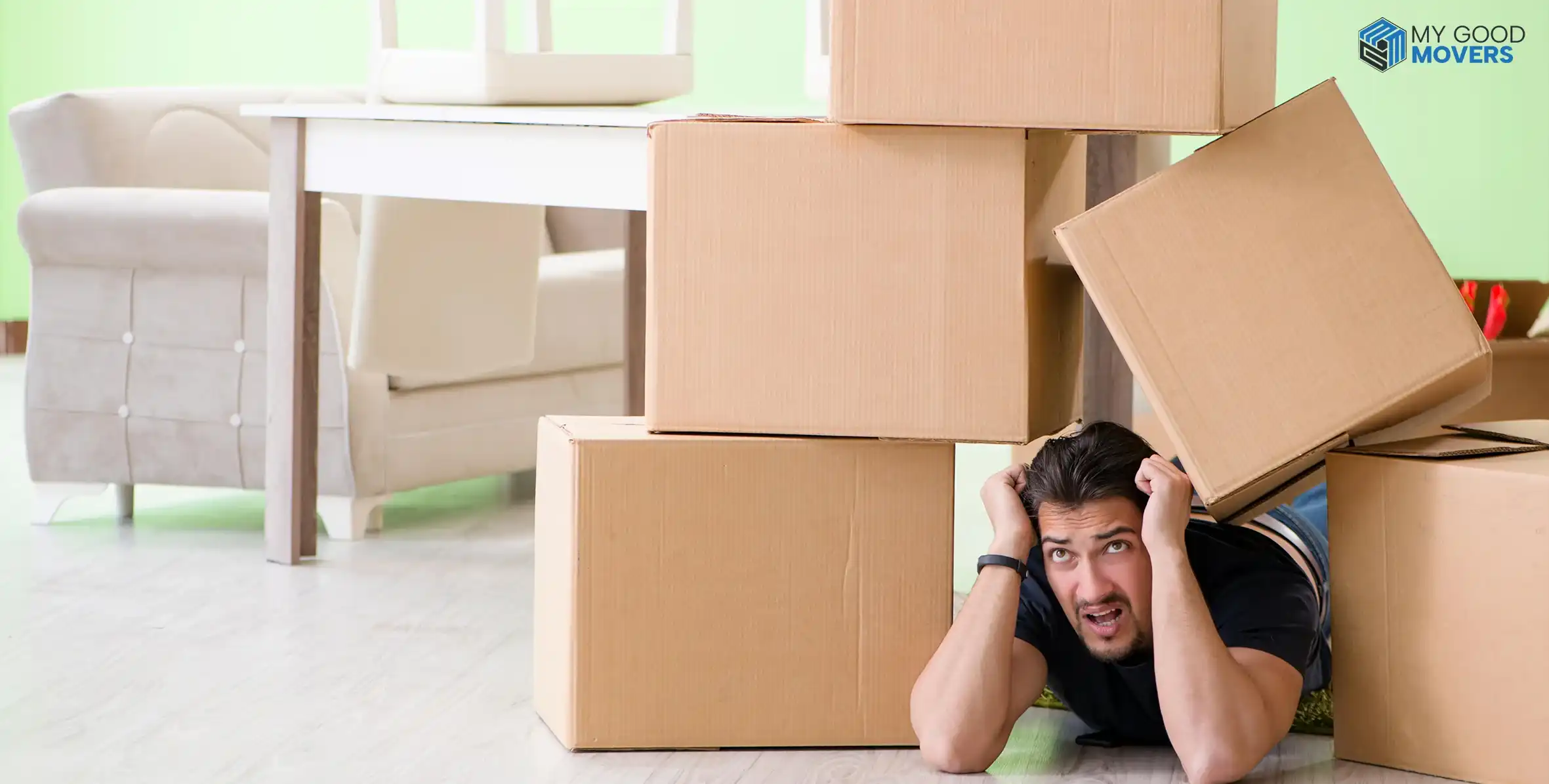

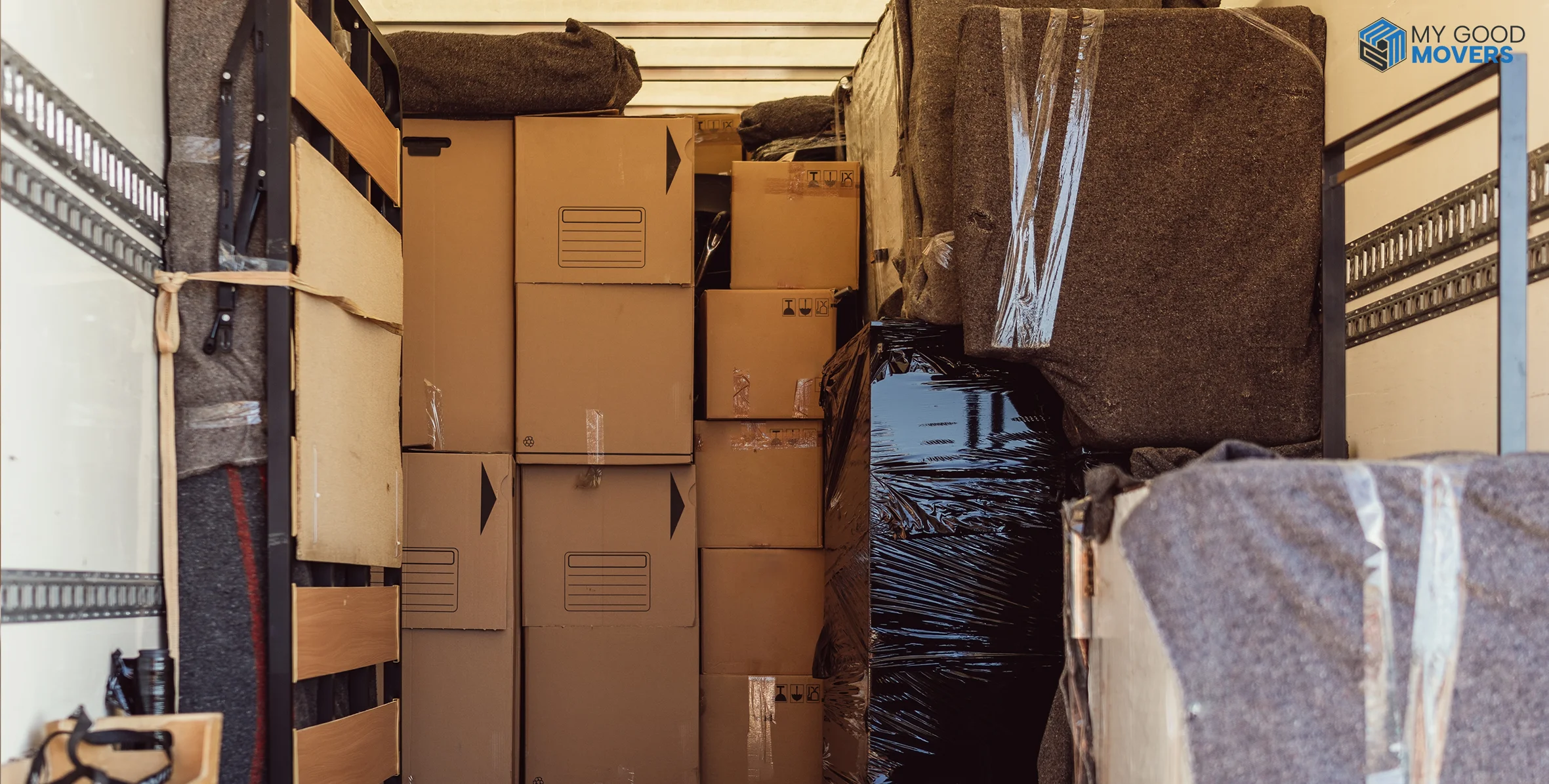
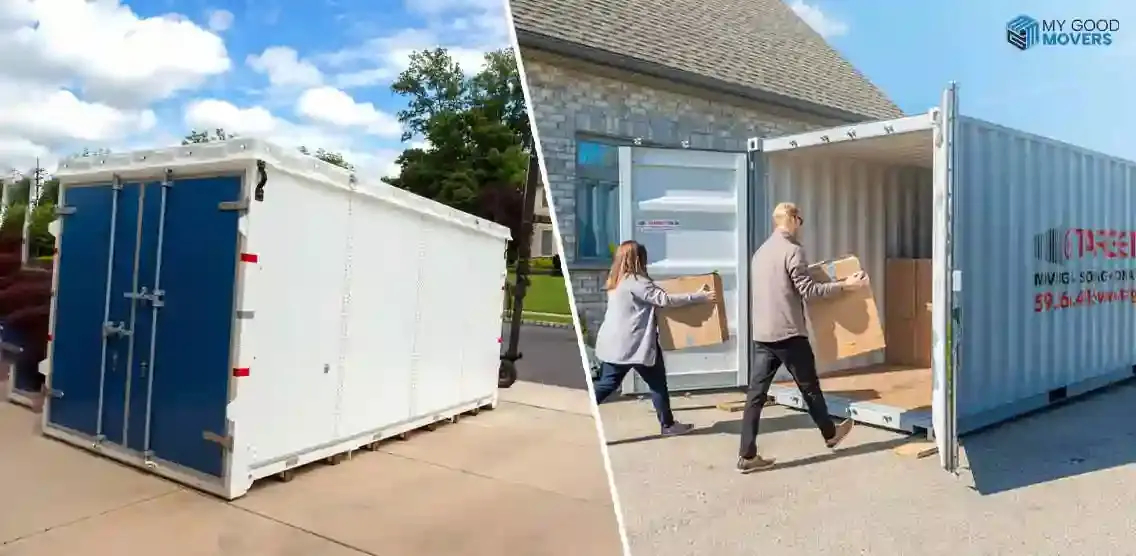
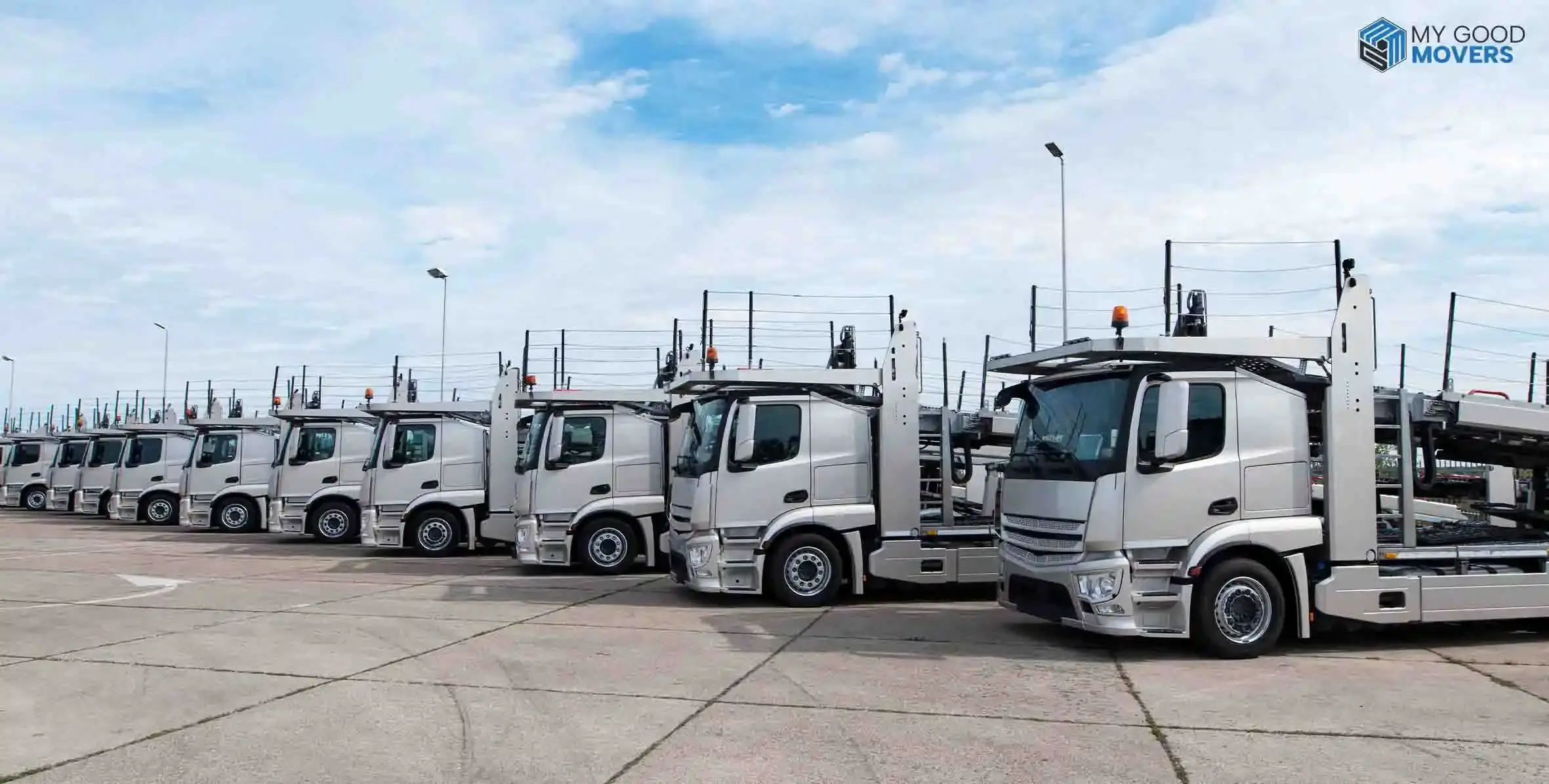


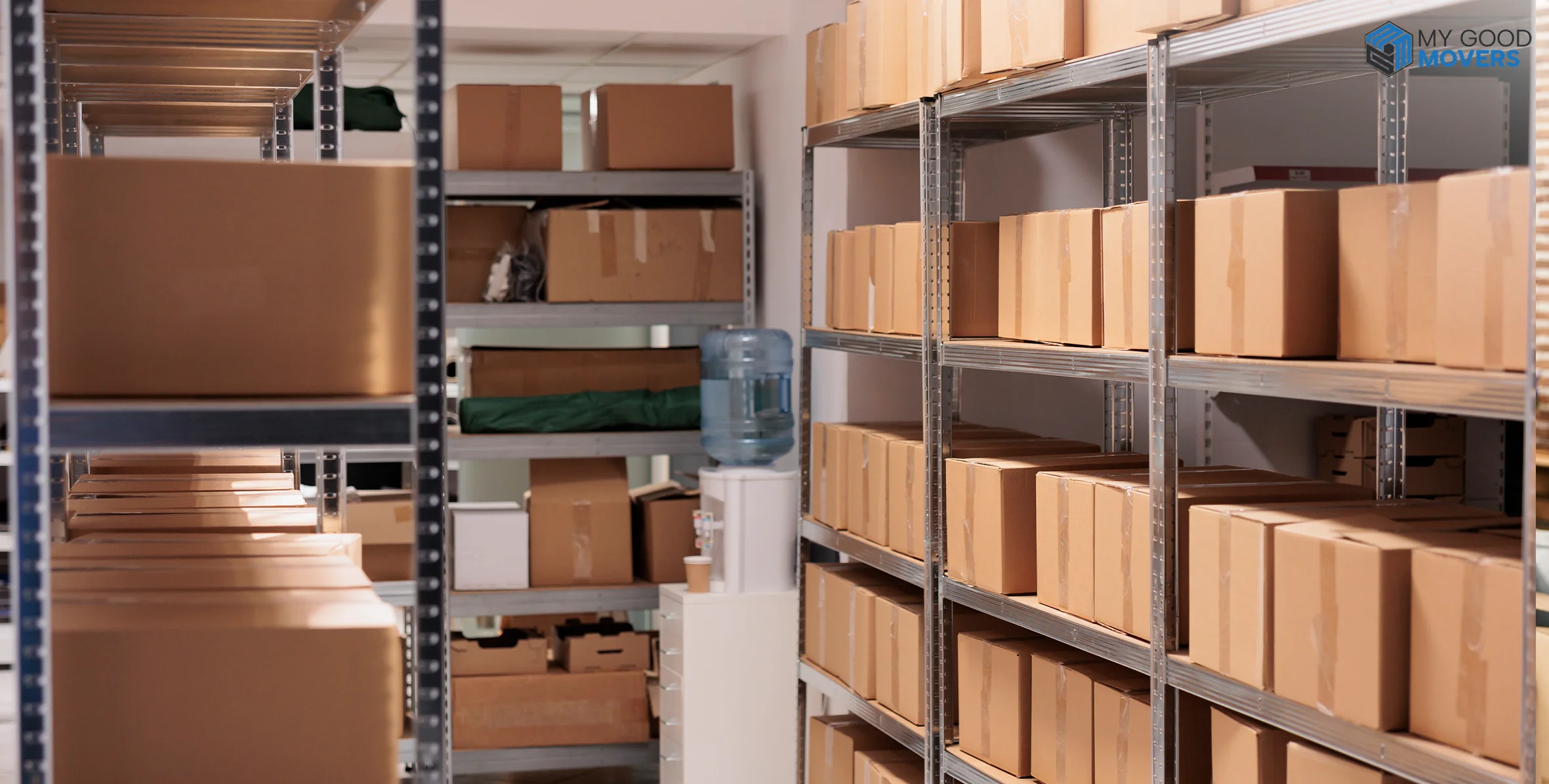



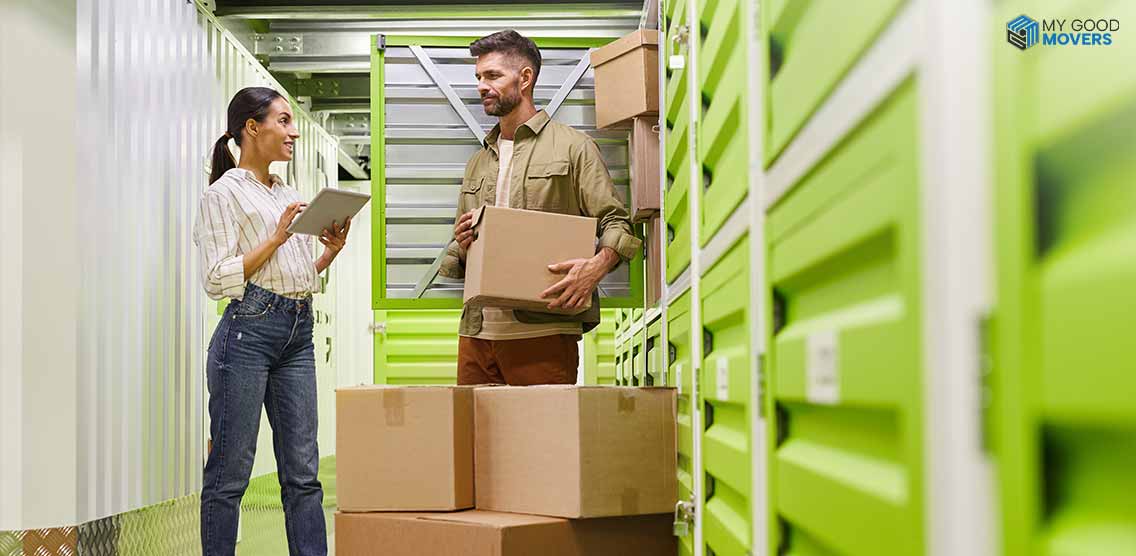
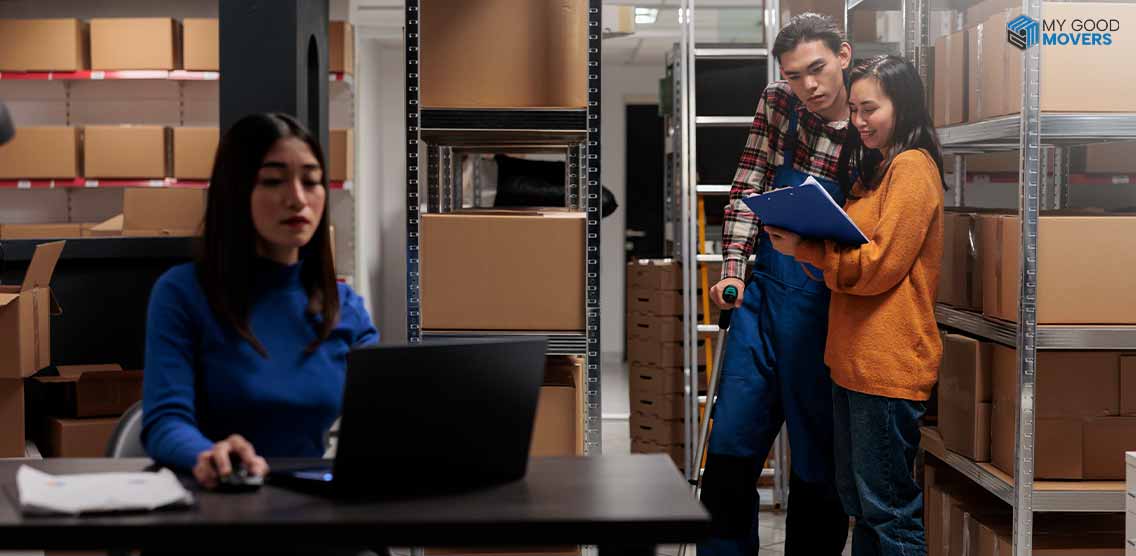
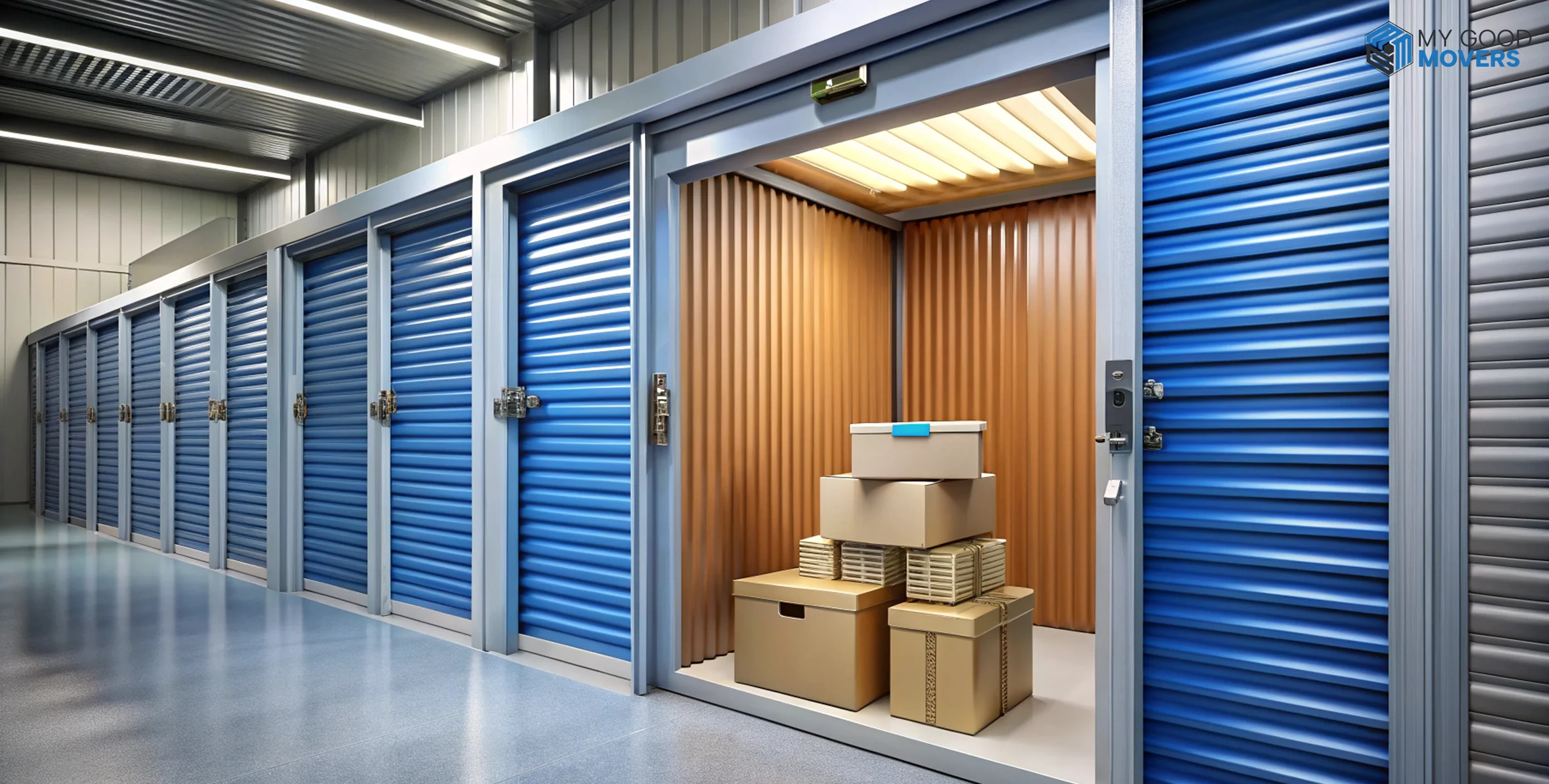
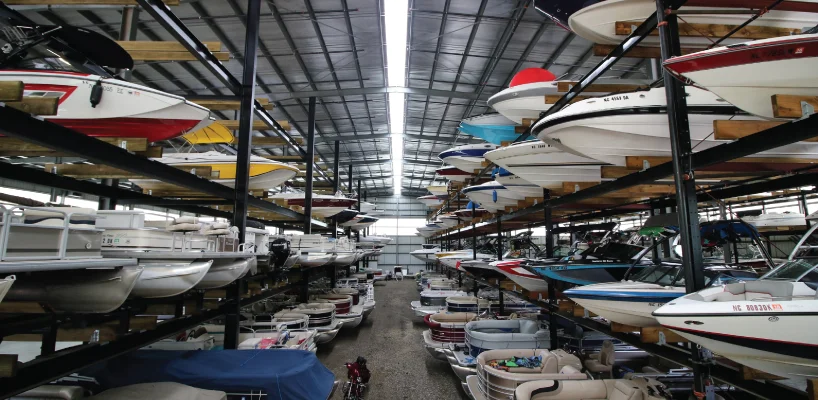

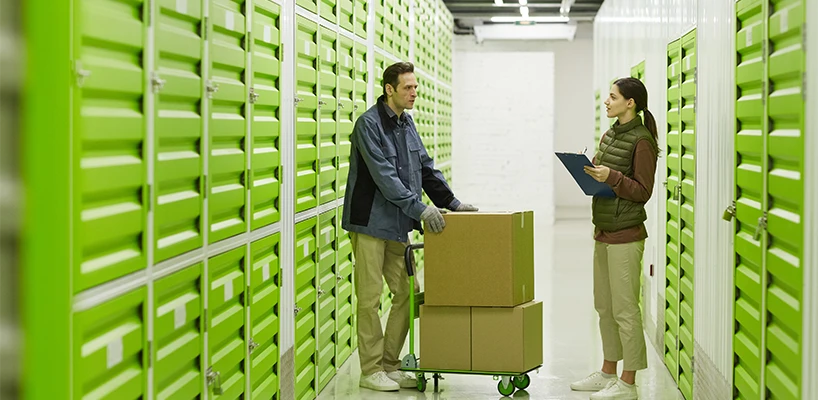
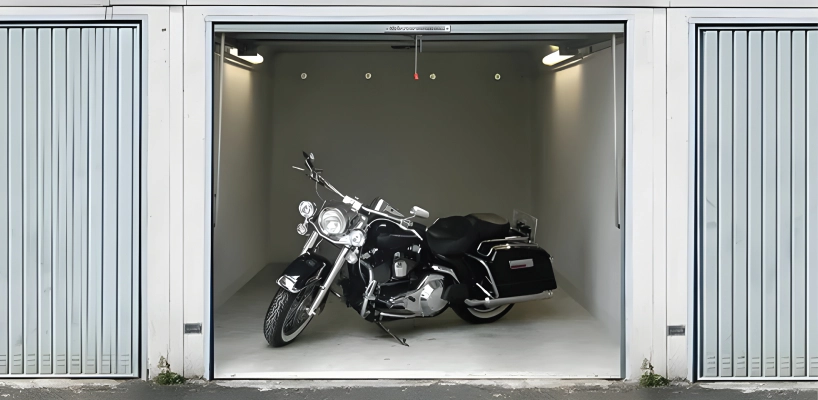

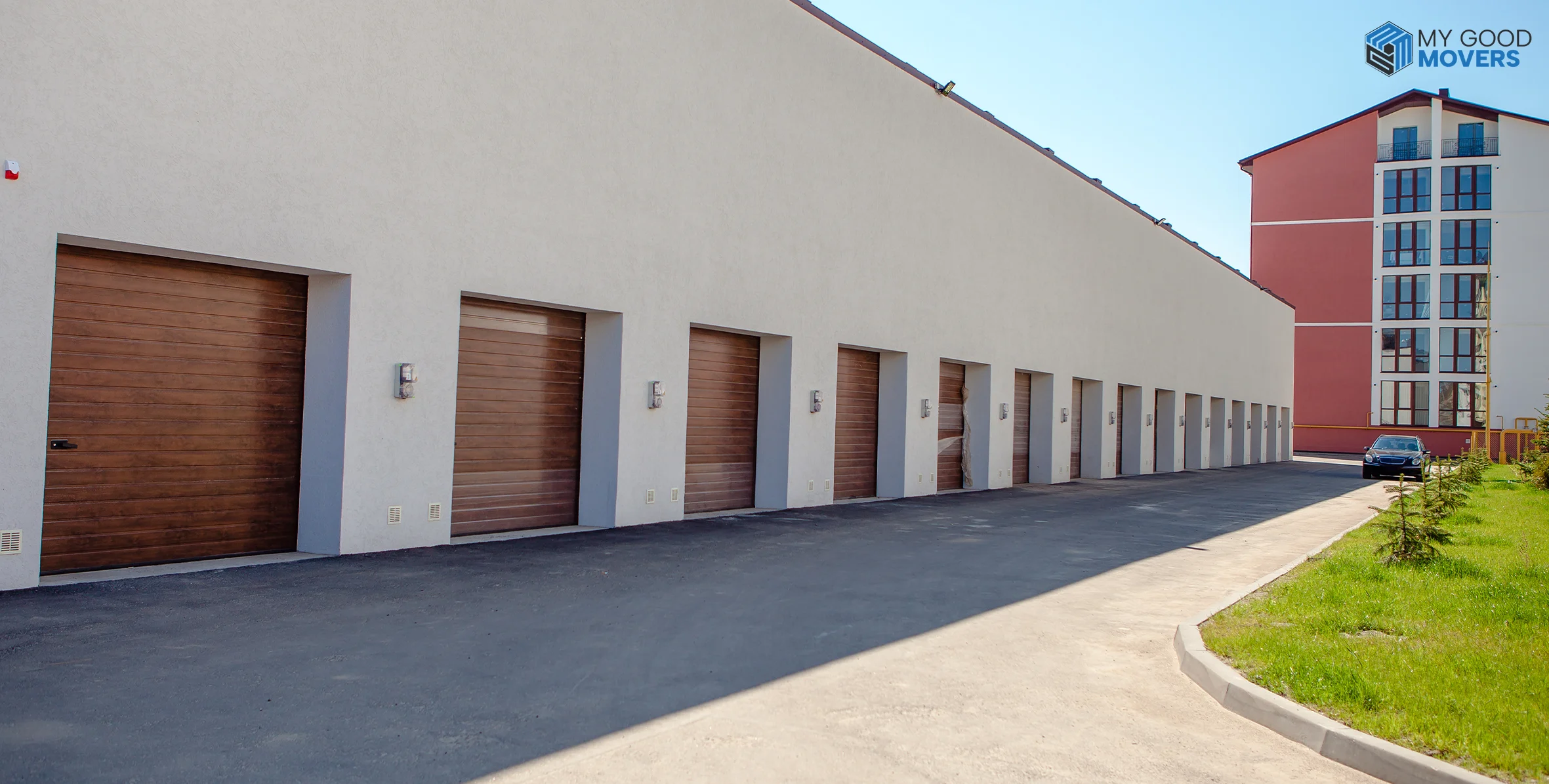
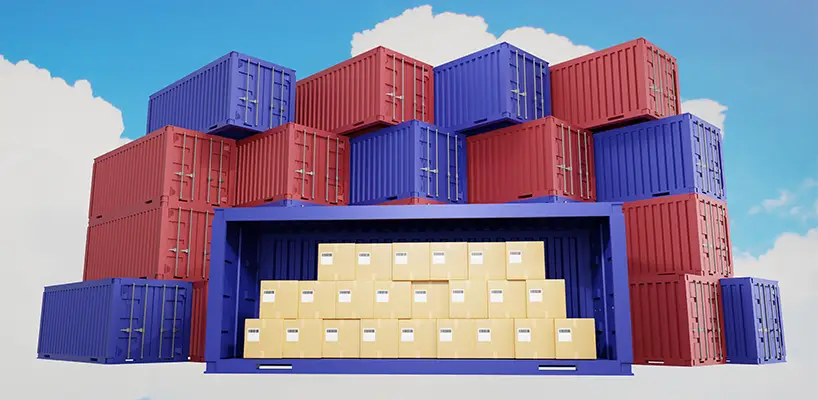
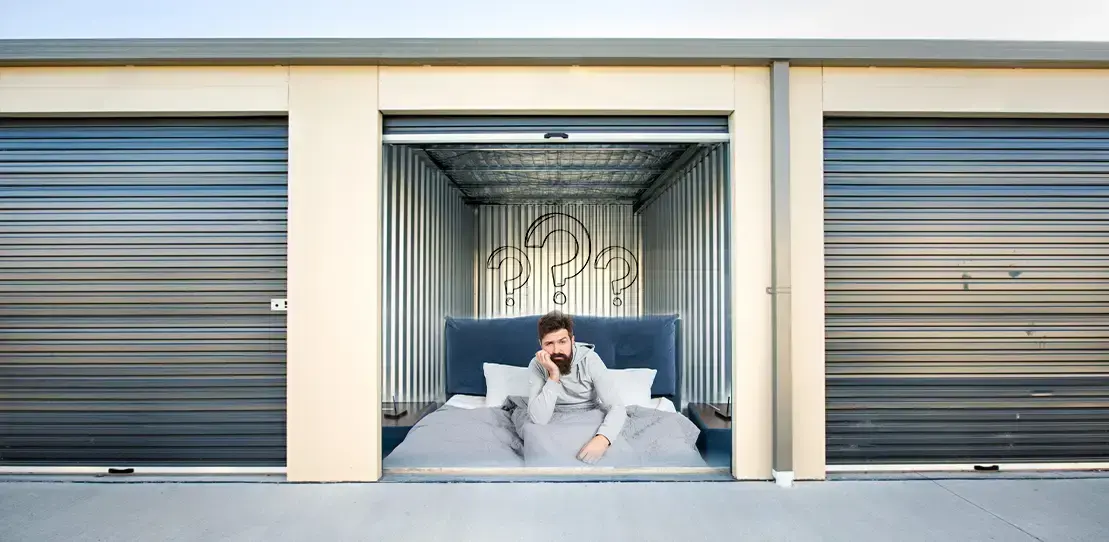
 (239) 799–6077
(239) 799–6077